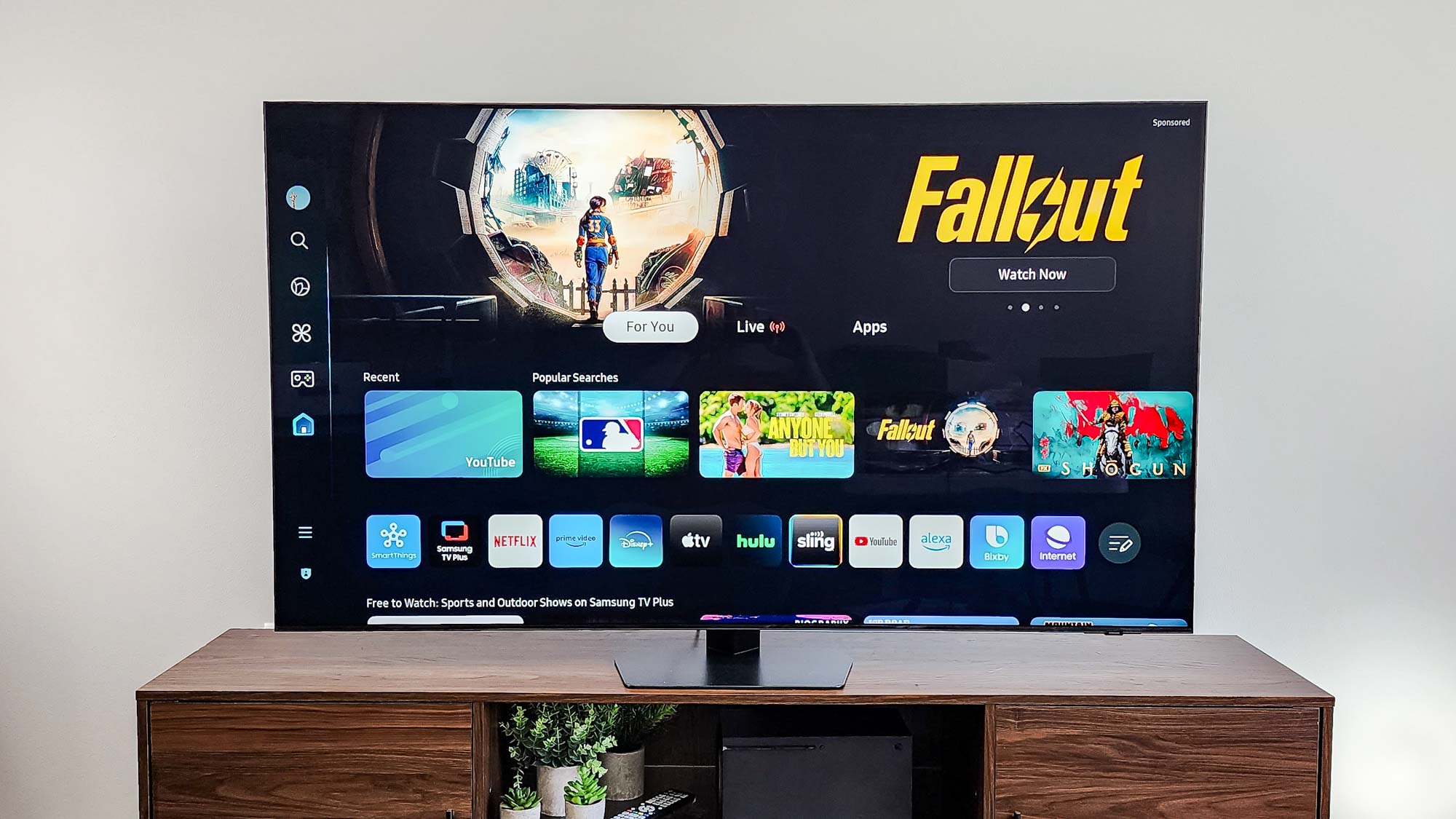Don't Fall For These Apex Legends Scams
Scammers are targeting Apex Legends players with fake offers of Android and iOS apps that don't exist.
Scammers are targeting Apex Legends players with phishing and malware campaigns.

There is no mobile version yet of the free battle-royale game, but that hasn't stopped suspicious characters from developing fake Apex Legends apps for iOS and Android.
ESET malware researcher Lukas Stefanko (via Bleeping Computer) found one fake app, promoted on YouTube, that has more than 100,000 clickthroughs already, even though you'll just be redirected through a series of ads before landing on the regular Google Play homepage without any Apex Legends app.
MORE: Apex Legends Weapons Guide: The 10 Best Guns So Far
There are currently a number of similar scams on YouTube, which has proven to be an effective platform to spread fake downloads to young users.
Bleeping Computer tested one that promised an APK (Android Package) installation file, which must be manually "side-loaded" onto an Android device. But if you click the link, you're redirected to a "Human Verification" page prompting you to complete various offers before finishing the download.
However, you don't actually get a mobile version of Apex Legends; you just get a video of gameplay. Presumably, the scammers receive a commission from the offers.
Get instant access to breaking news, the hottest reviews, great deals and helpful tips.
Phishing AI has spotted several websites peddling coins scams, game cheats and a free game download. The account has a running list of 39 domains peddling fake Apex coins. One claims that you'll receive free coins by texting its number, attempting to steal your username and phone number.
Other scammers offer fake downloads, including a fake aimbot and a free download of the game (despite the fact that the game itself is free). The game download pushes fake Adobe Flash updates, which can secretly install malware.
If you're an Apex Legends fan, beware. Don't download game content from any site other than that of EA Games. And if you're tempted by a mobile game, do a quick Google search to make sure that game actually exists.
Monica Chin is a writer at The Verge, covering computers. Previously, she was a staff writer for Tom's Guide, where she wrote about everything from artificial intelligence to social media and the internet of things to. She had a particular focus on smart home, reviewing multiple devices. In her downtime, you can usually find her at poetry slams, attempting to exercise, or yelling at people on Twitter.
